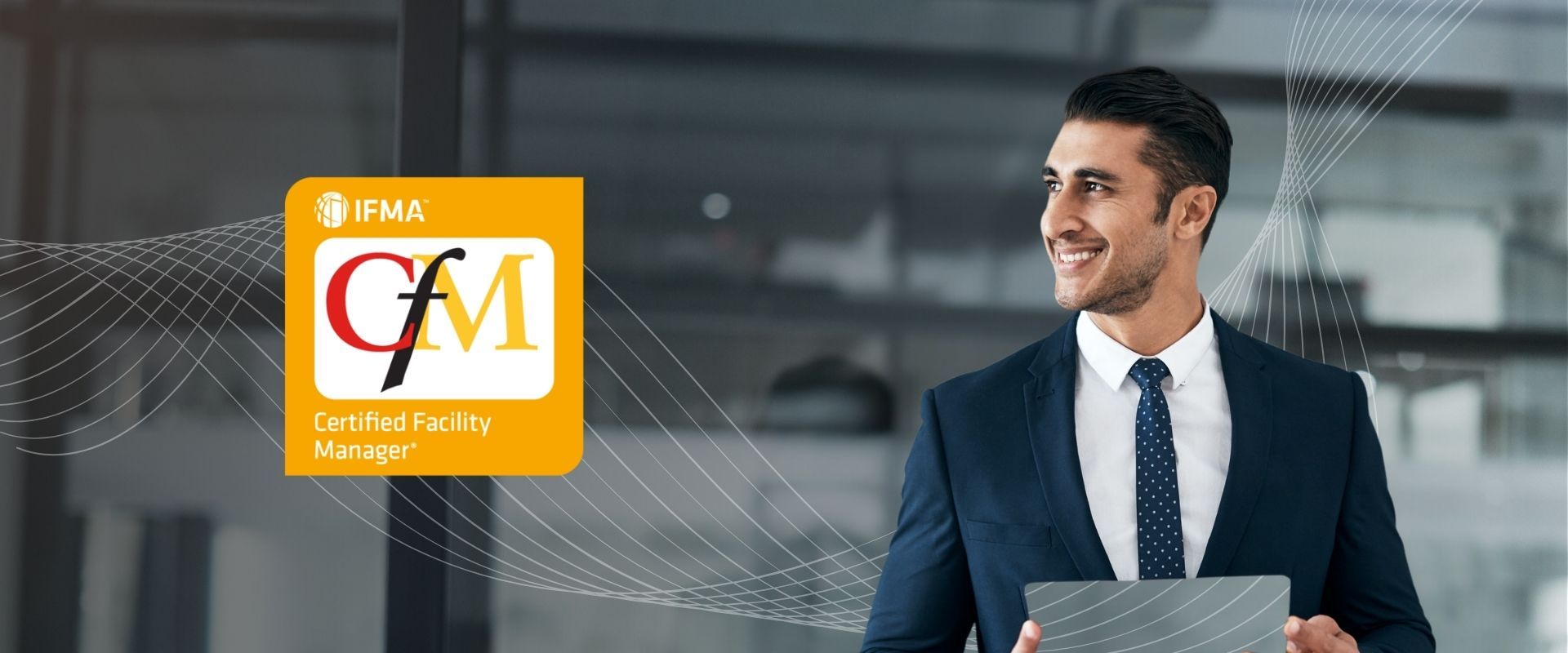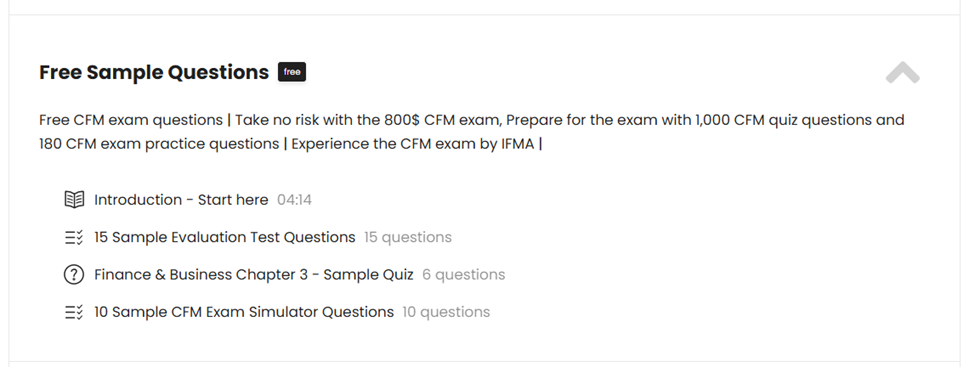In this blog
How CFM Certification Benefits You

CFM-certified professionals earn 23% more annually, according to IFMA statistics. According to IFMA's ROI Credential Salary Report, as published on their official website, IFMA credentials often result in a US$6,000 pay rise within the first year.
With a CFM credential, you’ll stand out to employers for leadership positions and high-impact roles. Becoming a CFM shows your commitment to excellence, and shows that you are mastering the 11 core competencies of facility management.
Gain connections, resources, and tools through IFMA’s professional community.
Explore the full benefits of certification on IFMA’s official website.
Mistake #1: Failing to Create a Structured Study Plan
One of the biggest mistakes candidates make is not creating a structured study plan. Without knowing the exam structure, you will just lose the opportunity to understand how to approach exam questions. With busy schedules and the constant demands of a facility management career, it’s easy to fall into the “I’ll study when I can” mindset. But this approach can be a recipe for disaster.
How to Avoid It?
Mistake #2: Overlooking the 11 Core Competencies
The CFM Exam by IFMA is centered around 11 essential competencies that define the facility management profession. These range from project management and finance to emergency preparedness and leadership strategy. Ignoring any of these areas can leave critical gaps in your knowledge, and then you will be questioning yourself if it was part of the exam. So you need be prepared in advance to overcome such situations.
How to Avoid This Mistake?
Mistake #3: Treating the CFM Exam by IFMA as Knowledge-Based
How to Avoid This Mistake?
Mistake #4: Approaching Exam Questions Without a Strategic Mindset
How to Avoid This Mistake?
Applying critical thinking, by eliminating incorrect answers first to narrow down your choices. Then, focus on the remaining options to identify the best solution.
The competent facility manager approaches real FM problems with a strategic mindset,. Many of the CFM exam questions might have multiple correct answers, but what the exam is testing is your strategy in approaching a problem, a competent facility manager would resolve problems by addressing what matters first, therefore, you might need to apply the roll-up methodology.
If you have multiple answers that seem correct for a problem, you need to prioritize the best answer based on the following order:
3.Develop Systems Thinking
The CFM exam often tests your ability to think holistically, looking at
problems with a 360-degree perspective. Understand how various organizational
factors can affect the problem.
Systems thinking is a critical skill for facility
managers, emphasizing a holistic approach to analyzing problems and solutions.
It requires understanding how different organizational factors—such as budgets,
operations, and stakeholder needs—are interconnected and influence outcomes.
Instead of addressing issues in isolation, systems thinking helps you evaluate
the broader impact of decisions across a facility's lifecycle.

